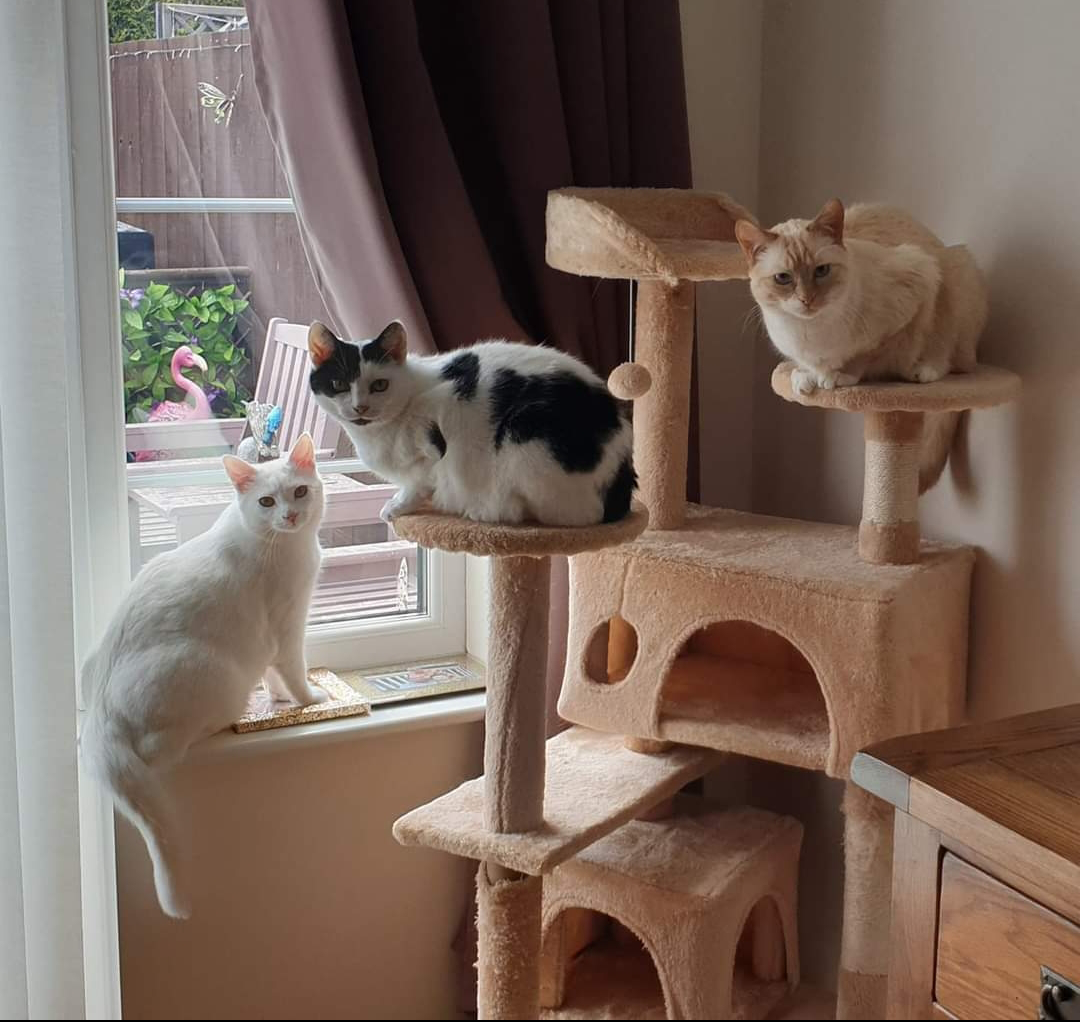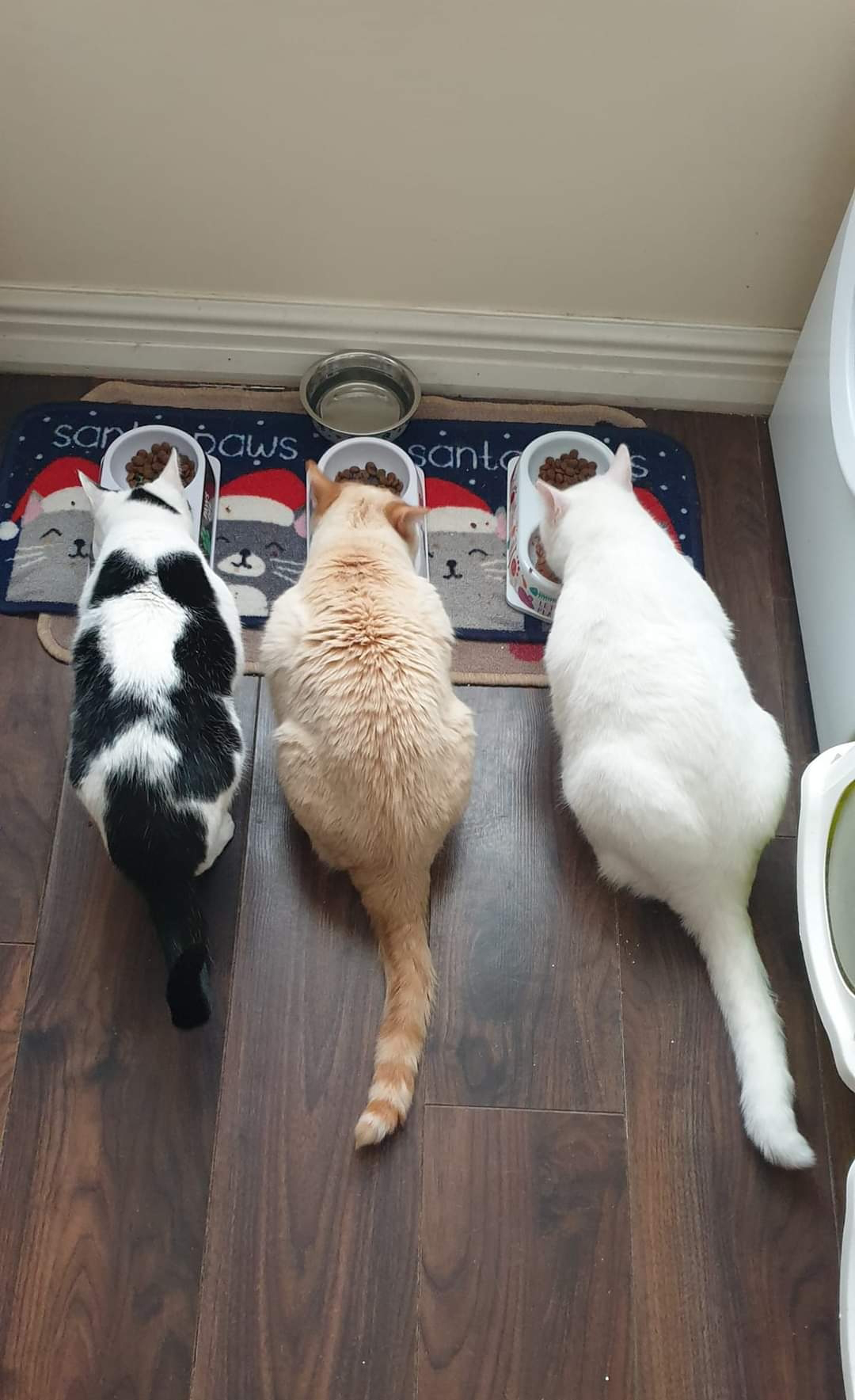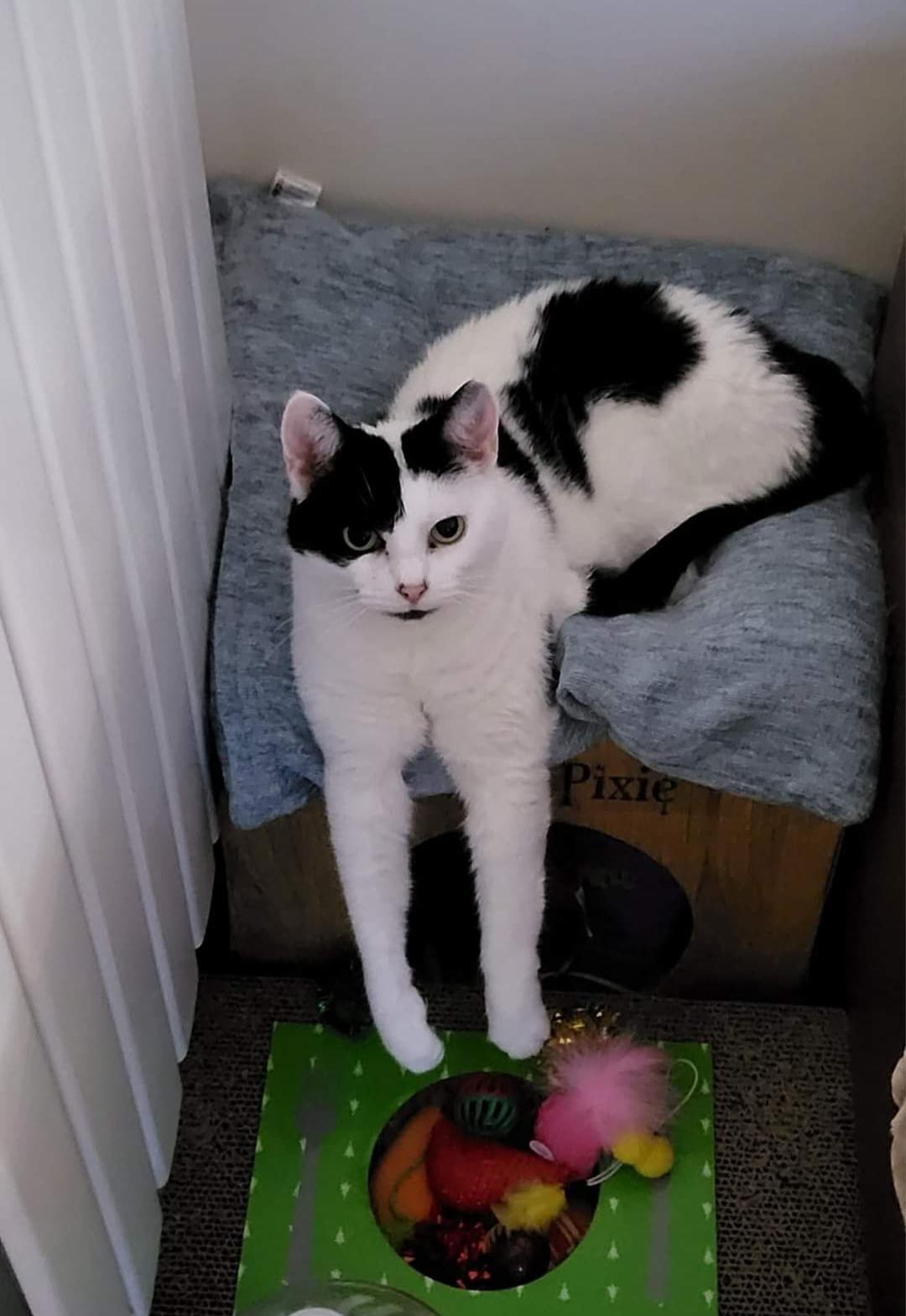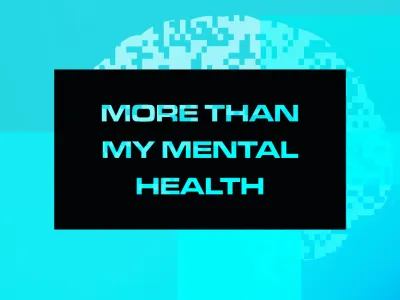
I Have Bipolar But I Don't Let It Stop Me
With Becky (she/her) who, in the spirit of Mad Pride, proudly calls herself a ‘crazy cat lady’.
World Bipolar Day is celebrated every year on March 30, the birthday of Vincent Van Gogh who was diagnosed after his death as having bipolar. As Van Gogh is no longer around to share his wisdom, Becky — who works at NCS— is here to share her experience of living with bipolar.
Before we dive into some questions, here’s a quick reminder about bipolar. It’s a mental health condition that causes extreme mood swings between periods of severe depression and episodes of mania. That’s the ‘formal’ description. But the lived experience of bipolar can vary from person to person. So, over to Becky…
Hi Becky, what would you say are some common misconceptions around bipolar?
People tend to make assumptions that people with bipolar are unable to work, can't be in stable relationships, must live off their parents, and are unstable and unable to control themselves. Not true! I’ve bought my own house, own my own car, have a great job, and my boyfriend lives with me and my three furbabies.
The experience of bipolar can be uniquely personal — how does it show up for you?
No two days are the same, so I have to take each day as it comes. If I’m too tired, stressed or something changes outside of my control then it can trigger me to start having an episode. When I’m in a manic state I feel like I’m on fast-forward. I talk very fast, don’t sit still, and I have to keep myself busy. That can mean I’m productive, but it is very tiring. I do things without thinking, and tend to buy things I don't need and can’t afford. I don’t have depressive episodes very often, but when I do then I don't want to get out of bed, or get washed, or brush my hair. I can stay in bed for days and literally can't be bothered to do anything except cry. Feeling like this can last weeks at a time. Sometimes I can feel very alone even though I have people around me.
It’s at night where having bipolar really affects my life, as my brain doesn't really turn off so I live on very little sleep and I can lie awake remembering things from days or weeks earlier. I’ll often plan what I’m doing for the rest of the week, but mainly I just try my best to rest.
Sometimes I need to be alone and away from people and be very quiet to try and prevent an episode. Whereas other times I need family, friends and my boyfriend who are all my support network to help if it's something I can't control myself.
What helps you get through the bad days?
My cats… they don’t know it, but they help me as they’ve given me a sense of responsibility and purpose. I know they need me, so I have to be able to face anything ahead so that I can look after them.



Are there certain actions or routines that you find helpful to stick to?
As well as taking my medication, I need to make sure that I eat well and exercise. Working from home makes it easier to keep a healthy routine. On my lunch break I go to the gym, and after work I’ll often take a walk or go swimming. I can be very tired at times so I have to make sure I get enough rest. I also draw or spend time learning new things.

Would you say that getting a diagnosis has been beneficial?
It took about 12 years for me to be diagnosed, and those years were really hard because I had to live with it while not knowing exactly what it was. It was really difficult. I honestly didn’t know what I was going to do next, or what mood I would be in from one moment to the next. So getting a diagnosis has helped me to manage and control my illness and understand that it needed lifetime management and that it wasn’t just going to go away. It took a while to get the correct medication that worked for me, it's not an easy journey.
What’s something that people might be surprised to learn about bipolar?
During times of mania, people can have an inflated sense of self. This can manifest as a delusion of grandeur, so they might feel superior, important or famous. Because of this, my therapist discouraged me from having a role model or an idol. Instead, I try and accept myself for who I am — rather than trying to look up to or be like anyone else.
I remind myself that bipolar is something I have, and it doesn't define the person I am.
What advice would you give on how to support someone who has bipolar?
Talking can help people feel supported. So ask them what you can do to help them feel stable and in control of what's happening. Discuss their triggers or warning signs, and learn how you can help to avoid or manage them. Try not to assume that any change in mood is a sign that they’re unwell. If you're not sure, talk to them about it. Just being there is sometimes enough.
That’s great advice. As a final question, what are your hopes and dreams for 2023?
You never know what's round the corner. So I take each day as it comes! Enjoy life, have fun and try new things! Simple things are sometimes the best.

Thank you Becky!
Bipolar can often be mistaken for other conditions such as depression, BPD, anxiety, or ADHD. If you think yourself or a friend may be living with undiagnosed bipolar, here’s some advice on what to do.
Include this article in your Skills Builder Journal. It could help you develop... 






